ear pain cold weather
 What To Know About Ear Pain In Cold Weather | BDFP
What To Know About Ear Pain In Cold Weather | BDFPHow to treat ear pain The virus infects the nose and throat. It can cause several symptoms, including a spongy nose, cough and congestion. It may also have mild body pains or headaches. Sometimes a cold can also cause pain in the ear or around it. This usually feels like a boring pain. It can occur during or after a cold. In any case, it is possible to relieve pain and feel better. Read to know why ear pain occurs during a cold, which remedies to test, and when to see a doctor. When you have a cold, an ear pain can be caused by one of the following reasons. Congestion The middle ear connects your upper throat and the back of the nose. Normally, it stops excessive air pressure and fluid from accumulating in the ear. However, if you have a cold, mucus and fluid from your nose, you can accumulate in your eustachian tube. This can block the tube, causing pain in the ear and discomfort. Your ear may also feel "plugged" or full. Typically, he will get better as his cold disappears. But sometimes, it can lead to secondary infections. Mid-Ear Infection An infection of the middle ear, called infectious, is a common complication of the cold. It occurs when the viruses in the nose and throat enters your ear through the eustachian tube. Viruses cause fluid accumulation in the middle ear. Bacteria can grow in this fluid, causing a middle ear infection. This can lead to ear pain, along with: sinus infection An unresolved cold can lead to a sinus infection, also called infectious. It causes inflammation in your breasts, which include areas in your nose and forehead. If you have sinusitis, you may experience hearing pressure. This can make your ear hurt. Other possible symptoms are: Most causes of cold-induced ear pain improve by themselves. But you can use to handle the pain. Hot or cold compresses To relieve pain or swelling, place a heat pack or ice in the affected ear. Always wrap the package in a clean towel. This will protect your skin from heat or ice. Sleep position If only one ear is affected, sleep on the side with the unaffected ear. For example, if your right ear is painful, sleep on the left side. This will lower the pressure in the right ear. You can also try to sleep with your head on two or more pillows, which you plan to reduce the pressure. This can strain your neck, however, so use caution. Nasal rinse If your ear pain is due to a sinus infection, try a . This will help drain and clean your breasts. Hydrating Drink plenty of fluid, regardless of what is causing your ear pain. Stay hydrated will loosen the mucus and accelerate recovery. Take it easy. Rest will support your body's ability to fight a cold or secondary infection. Along with home remedies, a doctor may suggest these treatments for ear pain. Free Sell Pain Relief Free selling pain pain relievers can help reduce pain and fever. For an ear pain, it is recommended that you take . To treat an ear pain in children under 6 months, consult your doctor about the type of medication and dose. Always follow the package instructions. Ask a doctor about the right dose. OTC decongestants can help decrease swelling in the nose and ears. Unhooks can improve how it feels, but they will not treat the cause of an ear or breast infection. Decongestants are available in several ways, including: Again, follow the package instructions. This is especially important if you are giving decongestants to a child.Ear drops You can also use OTC, which are designed to relieve pain in your ear. Carefully read the instructions. If your eardrum has exploded, ear drops can cause problems. Talk to a doctor first. AntibioticsNormally, antibiotics are not necessary to treat ear infections or sinusitis. But if you have chronic or severe symptoms, and there is concern that it is a bacterial infection, a doctor may prescribe them. When you have a cold, taking can help manage your symptoms. However, they might not necessarily cause your ear pain to go away. Also, taking cold medicines with OTC painkillers can do more damage than good. That's because they often share some of the same ingredients. For example, Nyquil contains acetaminophen, which is the active ingredient in Tylenol. If you take Nyquil and Tylenol, you could use it. This is not safe for your liver. Similarly, prescription drugs can interact with TBT medications. If you are taking any prescription medication, talk to a doctor before taking OTC or painkiller medications. It is also important to keep in mind: The cold-induced ear pain often solves for itself. But if you notice any of the following symptoms, see your doctor: These symptoms may indicate a more serious condition. Your doctor will use several methods to determine what is causing your ear pain. These may include: If you have chronic pain in your ear, your doctor may make you see a . It is typical to have hearing pain during or after a cold. Most cases are not serious and usually disappear on their own. Rest, OTC analgesics, and home remedies such as ice packs can help you feel better. Avoid taking common and pain medications at the same time, as they can interact and cause problems. If the pain in the ear is very severe, or if it lasts long, consult a doctor. Last medical review on June 2, 2020Read this following

Why your ears hurt in cold (and what to do about it) | Well+Good

Extreme Ear Pain in Cold Weather – EarHugz®

Winter weather warning: exostosis could cause hearing loss in cold | Express.co.uk

How Cold Weather Affects the Ear Nose & Throat
/what-causes-ear-pain-1192208-FINAL-fc23548b4a4745c4b60337e9f0cfcedc.png)
Conditions That Cause Ear Pain

What To Know About Ear Pain In Cold Weather | BDFP
How to Protect Your Ears in the Cold Weather? | Harley Street ENT Clinic
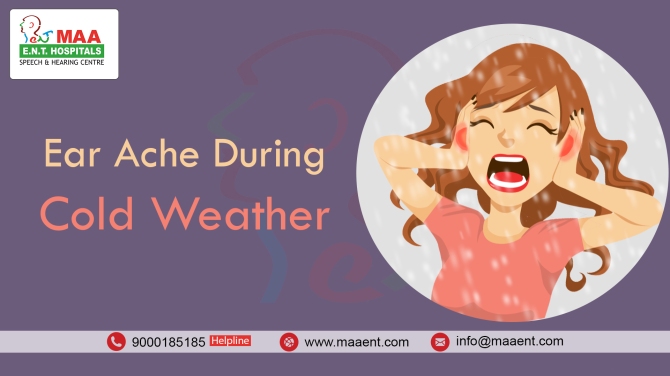
How cold weather affects your ear |

Extreme Ear Pain in Cold Weather – EarHugz®

Ear Infections: Causes, Acute vs. Chronic, & Recovery Time

There's A Reason Why You Get Earache When It's Cold Outside | HuffPost UK Life

15 simple remedies for earache

What Causes Ear Infections | Everyday Health

3 Tips to Prevent Extreme Ear Pain in Cold Weather | -Dr.Harihara Murthy |Doctors' Circle - YouTube
Ear Infection - Middle Ear (Otitis Media) - Symptoms and Causes

Extreme Ear Pain in Cold Weather – EarHugz®
![7 Ways to Protect Your Hearing this Winter [Infographic] 7 Ways to Protect Your Hearing this Winter [Infographic]](https://www.captel.com/wp-content/uploads/2019/12/ways-to-protect-your-hearing-this-winter-infographic.jpg)
7 Ways to Protect Your Hearing this Winter [Infographic]

Why You Need to Keep Your Ears Warm This Winter | MedExpress

Earache: Is It a Cold or an Ear Infection? | Everyday Health

Winter-Proofing Ears - Richmond Family Magazine

Ear Infections In Detail | KidsHealth NZ
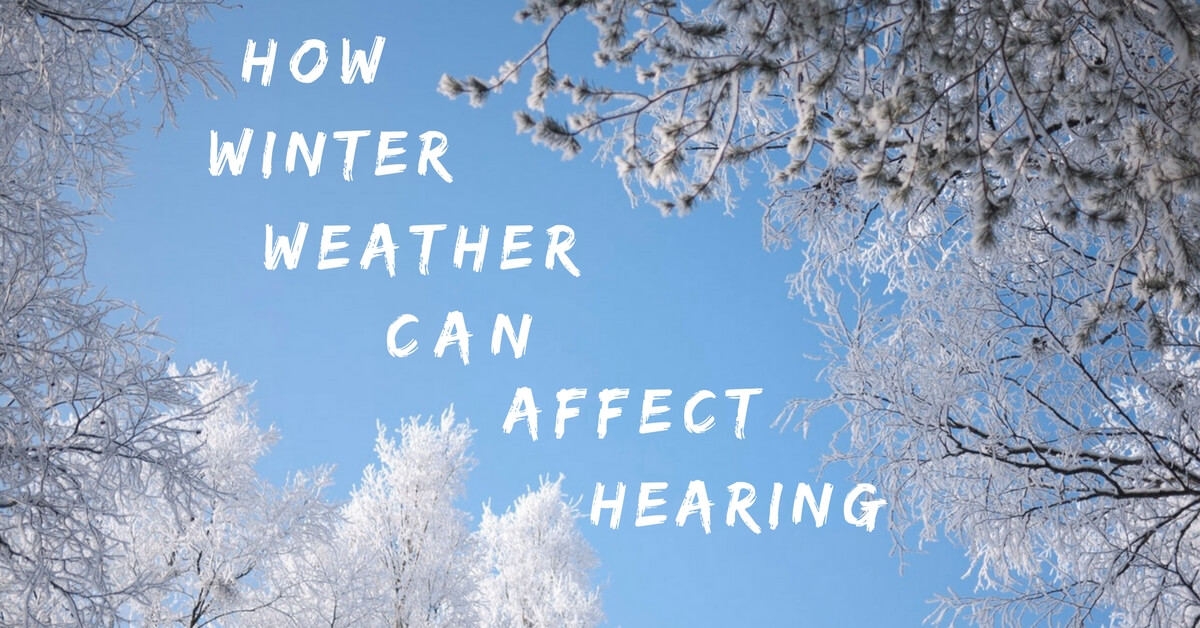
How Winter Weather Can Affect Hearing | Custom Hearing Omaha

How to Prevent Ear Infections in Babies - UnityPoint Health

Hearing loss due to cold is real. Ears exposed to cold can cause deafness
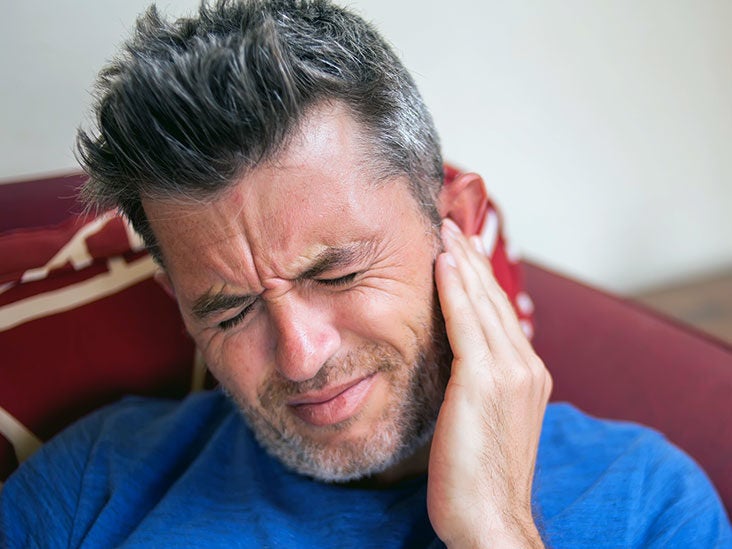
Allergies and ear pain: Causes, diagnosis, and treatment

6 Outer Ear Pain Causes | How to Treat Outer Ear Infection

Why Does Running In The Cold Hurt My Ears? – RunningWabbits

3 Home Remedies for an Ear Infection – Health Essentials from Cleveland Clinic

6 Tips to Make Running in the Cold Suck Less - Life by Daily Burn

How To Prevent Ear Infections When It's Cold | | Keck Medicine of USC

Get Relief from Ear Pain with These Easy Home Remedies

Pain and Weather—A Cloudy Issue

How Cold Weather Affects Your Ear, Nose & Throat

6 Outer Ear Pain Causes | How to Treat Outer Ear Infection
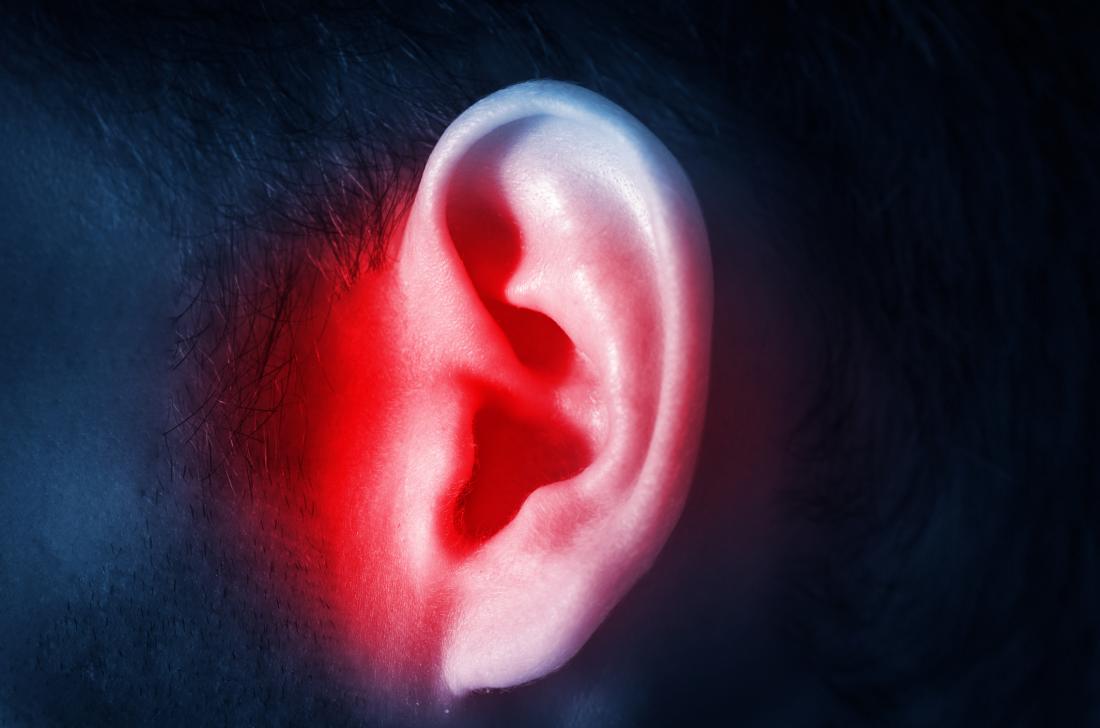
Ear barotrauma: Causes, treatment, and recovery time
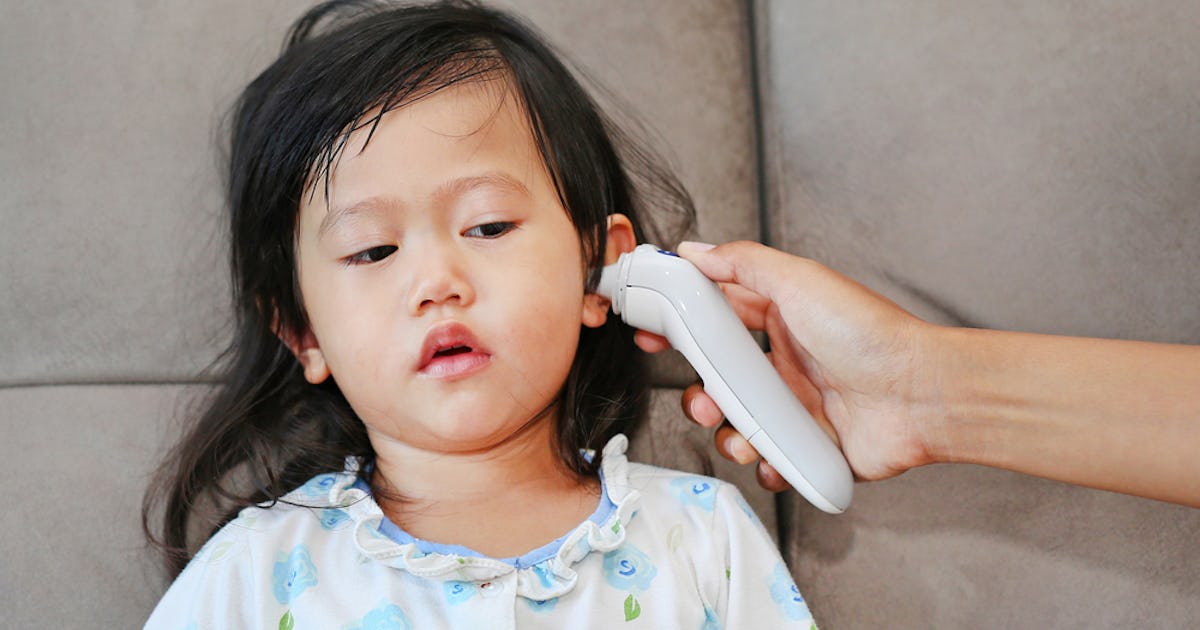
Does Cold Weather Cause Ear Infections? Experts Weigh In

What Makes Children More Susceptible to Ear Infections?: Petoskey Ear, Nose and Throat Specialists: Audiology

Surfer's ear - Wikipedia

Protecting Your Ears in the Winter

The Sticky Truth About Itchy Ears: You May Be Causing the Problem – Health Essentials from Cleveland Clinic
Posting Komentar untuk "ear pain cold weather"